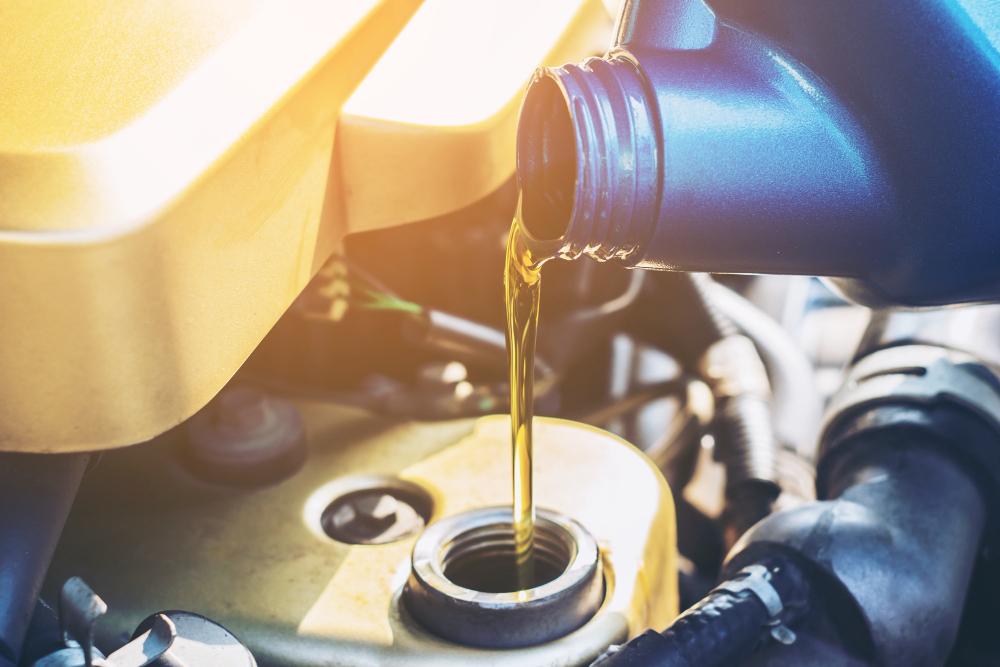Menu

Oil changes might be the cornerstone of car maintenance, but picking the right oil grade is just as important as remembering to change your oil at all. Whether you’re shopping for motor oil yourself or relying on your mechanic to make the call, understanding oil grades can save your engine from unnecessary wear and tear.
In this brief article brought to you by Wrights Car Care, we break it down so you can make the best choice for your car while avoiding the pitfalls of using the wrong oil.
If your car is ready for an oil change, then consider Wrights Car Care – your local auto repair shop with a commitment to the community.
When you see labels like 5W-30 or 10W-40 on a bottle of motor oil, you’re looking at the oil’s grade. This is set by the Society of Automotive Engineers (SAE) and reflects the oil’s viscosity. Basically, how the grade denotes how easily the oil flows at different temperatures.
The first number (5W, for instance) represents the oil’s viscosity in cold temperatures. The “W” stands for “winter.” A lower number means the oil flows more easily in cold weather, which helps the engine start smoothly.
The second number (30, for example) indicates the oil’s viscosity at high operating temperatures. A higher number means the oil remains thicker at high temperatures to provide better lubrication for your engine’s moving parts.
So, 5W-30 oil flows well in both cold starts and high-heat conditions – making it versatile for many cars.
Motor oil does more than lubricate your engine; it also cools, cleans, and protects vital components. Using the wrong oil can disrupt these functions and lead to:
In short, choosing the wrong oil can prematurely wear and tear your car’s engine, reduce fuel efficiency, reduce performance, overheat the engine, and even leave you responsible for costly auto repair service in Doraville.
Your car’s manual is your best friend when it comes to choosing oil. It will specify the exact oil grade your engine needs based on its design and expected operating conditions. Look for oils that meet the certifications recommended by your car’s manufacturer.
You should also consider your climate. Cold climates call for low winter ratings of 0W to 5W for smooth startups while hot climates demand higher viscosity.
There’s also the choice between synthetic and conventional oils. Synthetics are engineered for superior performance and durability while conventional oils are less expensive but may need to be changed more frequently.
If you’re concerned about your vehicle’s oil changes, then call Wrights Car Care to schedule an appointment with a mechanic in Dunwoody.
Wright's Car Care offers the most reliable import and domestic auto repair services. Read our blog posts to learn more about your vehicle.
Keeping your car looking shiny and new doesn't require professional help every time. While it’s easy to let dirt and grime build up, a good wash can bring back that…
READ MOREChanging spark plugs might sound tricky, but many people can do it at home with patience and the right tools. If your car starts slowly, uses more gas than usual, or is not running as smoothly, it might be time to replace the spark plugs. This guide will walk you through each step simply. And if you ever feel unsure, you can always visit…
READ MOREA scratch on your car’s paint can feel like a punch to the gut, especially if you just washed it…
READ MOREWith the proper tools and some knowledge, changing your car's brake pads is a simple and affordable maintenance job many…
READ MORE